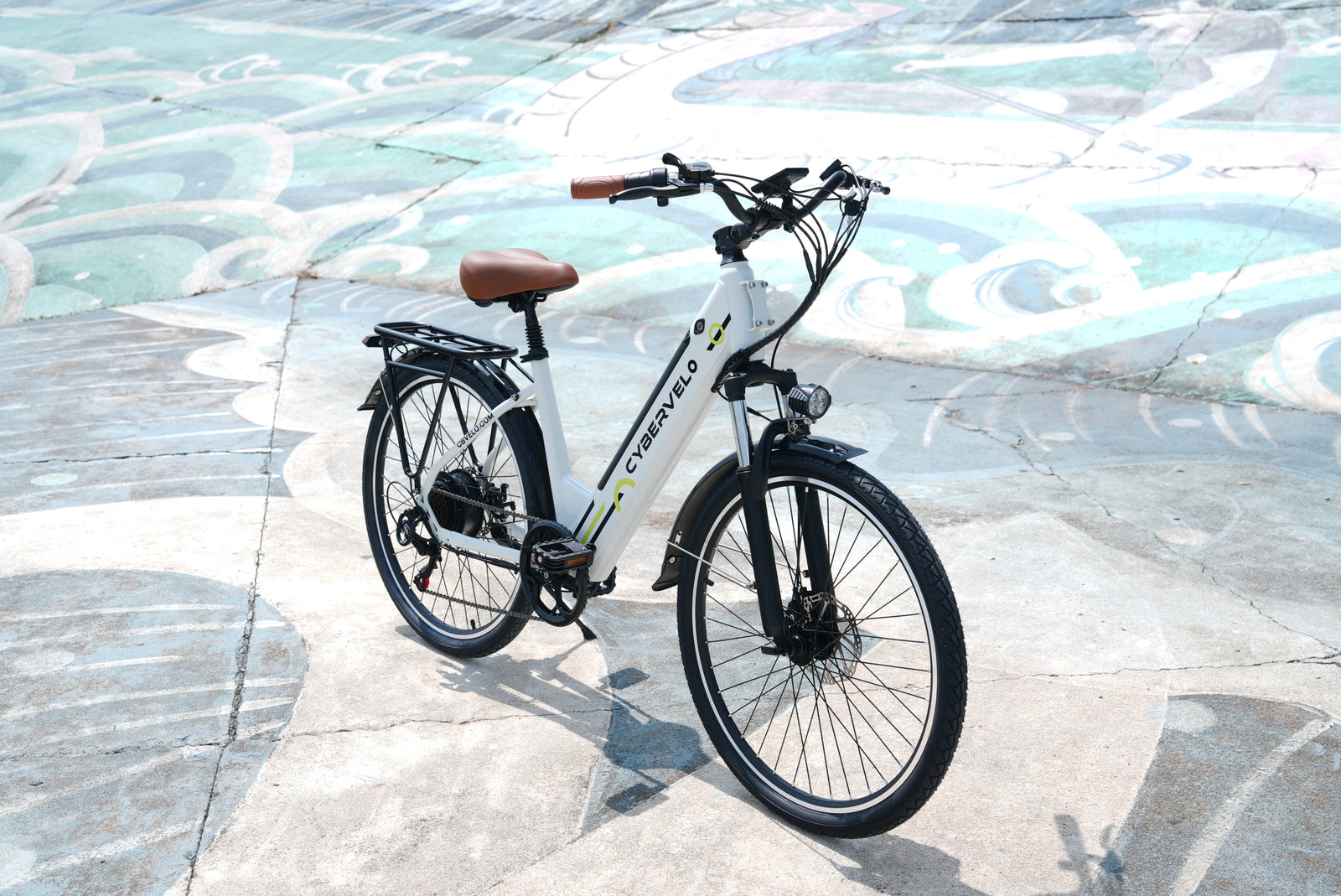Beyond the Hype: Understanding the Real Environmental Impact of E-Bikes

E-bikes are often hailed as unequivocally "green" solutions. While significantly more environmentally friendly than cars, a nuanced understanding of their true impact is crucial beyond the surface-level hype. Let's delve into the lifecycle of an e-bike.
Manufacturing Footprint: The biggest environmental cost occurs during production. Extracting lithium, cobalt, and other metals for batteries is energy-intensive and can involve significant ecological disruption and social concerns. Manufacturing the motor, frame, electronics, and battery pack also consumes resources and energy. This upfront footprint is considerably higher than that of a traditional bicycle.
Operational Efficiency: This is where e-bikes shine. Charging the battery, even using grid electricity, results in minimal greenhouse gas emissions per mile compared to any fossil-fuel vehicle. In regions with a high proportion of renewable energy, this impact shrinks further. Their energy efficiency is remarkable, requiring only a fraction of the energy needed to move a car. They produce zero tailpipe emissions, improving local air quality.
Replacement of Car Trips: The real environmental benefit stems from how e-bikes are used. When they replace car trips – especially short, frequent urban journeys – their positive impact is massive. Studies consistently show that e-bikes replacing cars lead to significant reductions in CO2 emissions and urban air pollution. However, if an e-bike primarily replaces walking, public transport, or a traditional bike, the net environmental gain is smaller or even negative.
Battery Life and Disposal: Lithium-ion batteries degrade over time. Responsible end-of-life management is critical. Recycling infrastructure is improving but not yet universal. Proper recycling recovers valuable materials and prevents hazardous waste. Battery lifespan (typically 3-7 years) also influences overall impact – a longer-lasting battery amortizes the manufacturing footprint over more miles.
The Verdict: E-bikes are not zero-impact, primarily due to battery production. However, their operational phase is exceptionally clean. Their net environmental benefit becomes overwhelmingly positive when they actively displace car usage. To maximize this, focus on replacing car journeys, maintain your e-bike and battery well to extend lifespan, and ensure the battery is recycled responsibly. Don't let the manufacturing footprint overshadow their immense potential for reducing transport emissions when used as car alternatives.

